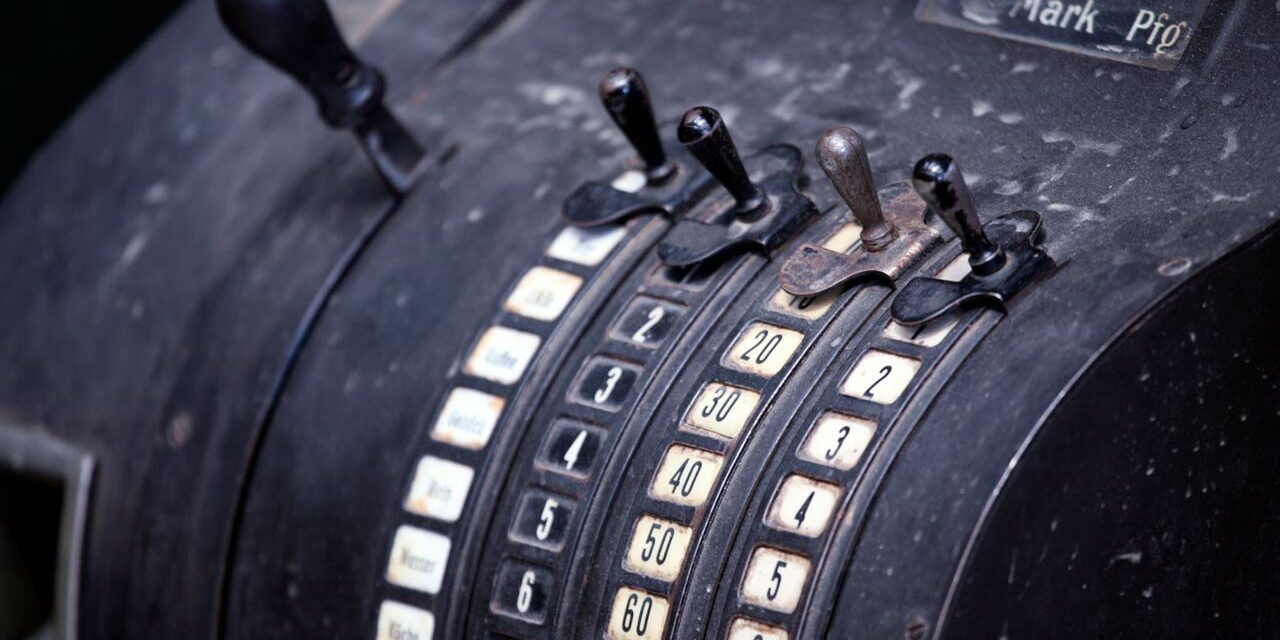2019 ARTICLE UPDATE: Small businesses will now have a $25, 000 limit, up from $20, 000 in 2018.
We have been talking a lot about the federal budget throughout last week’s announcements. See our budget roundup here, what it means for small business here and our budget unpacked interview here.
We have done so with good reason: small businesses have a lot to gain and a lot to lose based on the outcomes of these deliberations and subsequent policies. One of the big ‘wins’ for small business was the much lauded extension of the existing $25,000 instant asset tax write off. So if that’s really the only big ticket item for small business, albeit an extension not a new initiative, you should take extra care to ensure you make the most of it! After our survey of 1150 small businesses it seems many have not – with 91% saying they wanted this exact extension yet 39% still had not taken advantage. Try not to fall into that 39% next year.
With this budget initiative, businesses turning over up to $10 million have the opportunity to instantly depreciate and write off assets up to $25,000. This can include computers, work vehicles or other depreciating work related assets. Let’s get a little more specific about what it is, what it can be used for, what benefit it brings and some possible traps to avoid.
It’s a trap!
It really could be… Think really hard about whether you actually need anything. Many don’t. This is not a freebie after all and you will have to stump the initial costs and benefit from the write off later on. But will you benefit from a tax offset at all? If your business is operating at a loss, you may not want this, since your deduction here would be useless as you are not paying any tax. A surprisingly small amount of small businesses pay net tax (the remaining income tax after PAYG Instalments, rebates, offsets, etc.) so make sure you don’t jump for the sake of it.
Does your business actually need that asset? Really? You could well be worse off by making a rash decision and buying something for the sake of the tax benefit. So make sure the asset you have in mind was something you were perhaps dreaming of buying before you knew about the benefit and ensure it will help grow or support your business in a relatively indispensable manner.
This is about cash flow first – this is the most important consideration. If your purchase of a new piece of equipment will drive cash flow and increase revenue then go right ahead. If it wont, well your ‘benefit’ is not a benefit at all and you should reconsider.
What can you use it for?
Ok, read on if you have decided this is no trap. The offset is designed for depreciating business critical pieces of equipment under $25,000. You may get a letter from the ATO asking ‘please explain’ if your proposed asset is a little iffy, so firstly make sure you qualify and have a chat to your bookkeeper if unsure.
Let’s take a few examples from various industries:
- Vans, trucks and vehicles
- Tools and trade equipment
- Computers and IT equipment
- Plant machinery
- Coffee machine/ Kitchen equipment
How’s your eligibility?
From the ATO:
You are eligible to use simplified depreciation rules and claim the immediate deduction for the business portion of each asset (new or second hand) costing less than $25,000 if:
- you have a turnover less than $10 million, and
- the asset was first used or installed ready for use in the income year you are claiming it in.
Furthermore:
- The asset may be either new or second hand.
- It must be directly linked to your business function.
- You may claim a portion for personal and for business. So if you use a delivery van for 30% work use and 70% personal use, you can dice it up and claim that 30% portion.
- You may not stockpile. You must have the equipment installed and in use for business purposes by EOFY.
- You must be an operational business, not a holding for investment purposes.
What’s not included
Many things! Firstly the asset has to be directly linked to the cash flow of a business, a flat screen TV for a mechanic’s garage would be quite suspect and most unlikely to qualify. As for explicit exclusions stipulated by the ATO:
- Horticultural plants.
- Capital works (construction costs etc.)
- Assets leased to another party.
The contents of this blog is of a general nature and for guidance only. Reckon do not provide professional advice. Viewers should consult with a professional adviser for advice on their specific circumstances.







